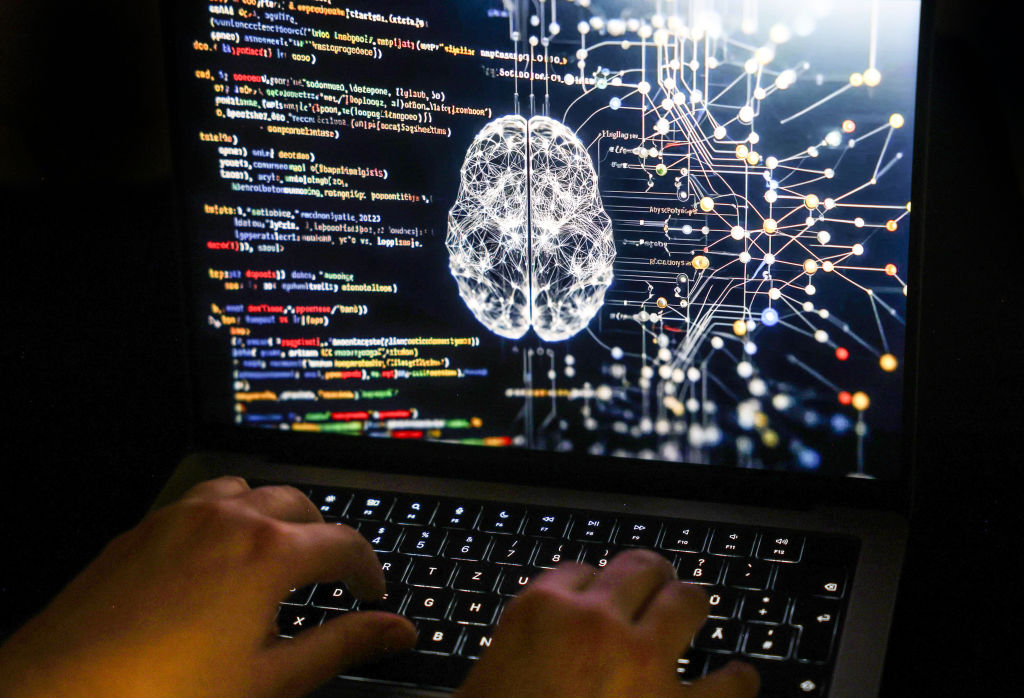With artificial intelligence (AI) reshaping healthcare at an unprecedented pace, the All India Institute of Medical Sciences (AIIMS), New Delhi, is investing over Rs 300 crore in developing digital infrastructure, said Director Dr. M. Srinivas.
He shared this during a meeting in the national capital, which focused on the transformative potential of AI in revolutionising health awareness and empowering patient education.
Leaders from healthcare, technology, and policy discussed how AI can bridge critical gaps in health communication by making information more accessible, reliable, and patient-centric.
“AI is revolutionising everything, from patient care to health communication,” said Dr. M. Srinivas. “We are investing over Rs 300 crore in digital infrastructure to ensure that every stakeholder—patients, doctors, and researchers—benefits from this innovation. By integrating AI, we can improve efficiency, reduce delays, and enable world-class research.”
Experts at AIIMS stressed the importance of combating misinformation by delivering accurate, personalised healthcare information through AI to diverse demographics. Dr. Srinivas added that leveraging AI to simplify and disseminate health information will empower patients and enhance their engagement with healthcare systems, ultimately leading to better outcomes.
“A good health system isn’t reliant on individuals. AI can play a vital role in making healthcare more accurate, compassionate, and equitable,” said Dr. Kavita Narayan, Senior Technical Advisor, HRH for Health Systems at the Ministry of Health and Family Welfare. “To truly make a difference, we must integrate technology thoughtfully and foster collaboration between policymakers, technologists, and healthcare providers.”
However, experts also warned against overdependence on technology. K.P. Kochhar, Professor and Head of the Physiology Department at AIIMS, highlighted the need to balance innovation with empathy.
“While AI enhances precision and efficiency, it is crucial to preserve the human touch in healthcare. Compassion and technology must complement each other to prioritise patient well-being,” Kochhar added.
(Inputs from IANS)




















